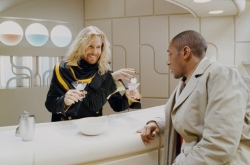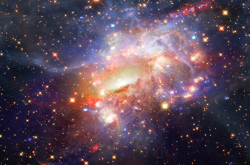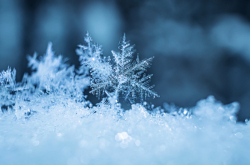The requirements to astronauts in Russia are the strictest in the world. I suppose that in China they are almost the same, but in the West, becoming an astronaut is much easier. A bright example: no woman made it to this year’s selection. For reference, of the 12 astronauts selected by NASA last year, there were five women.
The above has to do with many factors. First of all, the historical one. Our Soyuz spacecrafts have always had rough landings, and astronauts prepared themselves for extended flights. The American Space shuttle, for instance, is a lot more comfortable, so their astronauts go on shorter flights. Their system had been more lenient to begin with, and it stays this way. We, on the opposite, always had a strict system, and we had no reasons to change that. Today, the requirements are excessively strict, and the authorities have no intention of revising them. Changing the rules would’ve implied conducting additional tests, which requires much time and money, something that Russia doesn’t have.
If you’ll still make the decision to go to space, your path will largely depend on three factors. The first is genetics. Unfortunately, good eyesight is an essential requirement, and this depends on your genes. Only candidates with a visual acuity of 1.0 are accepted. What’s more, candidates with laser corrected eyesight fail by default.
Secondly, you education also matters. The cosmonaut selection commission sees higher technical education as another essential requirement. In 2012, there were candidates with an economic and juridical background, and none passed. If you are a non-technical specialist or an artist, you’ll fail, as well.

Finally, your physical ability is important, as well. If we were to test all St. Petersburg citizens against the requirements to astronauts, none would pass. Living a regular life, no one will be ready to pass those tests. Candidates train for about two years in order to meet the physical requirements for becoming an astronaut. In 2012, the commission made the tests even harder, and Anna Kikina, the only woman to pass them, succeeded due to being a multi-sport athlete.
Among other requirements are the command of English on the level of a technical university, mathematics and physics on high school level, good Russian and computer skills, keen knowledge of the history of space exploration, and the ability to study any of the spacecraft’s systems in a night’s time and be ready to explain it the next morning. Oftentimes, the exams are administered by multiple specialists, i.e. the examinee sits in the center and has to answer questions of some 40 people.
In modern times, an introvert can’t become an astronaut: publicity is important, and communicating with the media is part of the job. Astronaut Dmitriy Petelin who’s currently living in St. Petersburg spends a lot of his time giving different lectures. Overall, we have 25 astronauts, and most of them are publicly active, save for five or six who are free to decline, as they are honored veterans. In some one or two hundred years, we’ll be colonizing planets, so there will be a need for introvert astronauts who’ll be spending their lives at space bases, but for now, communicating with the public is important.

Patience is yet another important quality. Space exploration implies dedication. For example, among USSR’s first astronaut candidates was Grigori Nelyubov, Titov’s backup crew member. Once, he went out to drink with some friends from the military and was arrested by a military patrol. This cost him his career, after which he became an alcohol addict.
An astronaut can’t call their life their own; they have to train on a daily basis, and the only freedom they have is the 28 days of their annual vacation.
As for the wages, Russian astronauts get 60,000 rub (about 900 USD) a month during their first two years of work. Most have a second job or do a second university degree. After that, they start getting raises and bonuses: for the length of service, for their first flight and so on. After their first flight, their salaries amount to 200,000 rub and higher.
If these terms don’t suit you, there are other ways of going to space. For instance, you can fly as a tourist. A suborbital flight costs about 300,000 USD: you’ll get to experience zero gravity and make photos of Earth. Or you can visit the ISS for 50 million dollars.

Truth be told, for me, the main issue related to space exploration has to do with its purpose. Why go there? What’s in it for us? When I was still a student and only started working for RSC Energia (Russia’s leading manufacturer of ballistic missile, spacecraft and space station components -- Ed.), I thought that there already were answers to such questions. Still, the more I learned and talked to people, the more I understood that we still don’t know them. Humanity is yet to grow up to understand such things.
At the talk show, Andrei Akatov, Assistant Professor at Saint Petersburg State Institute of Technology, also spoke about using nuclear technologies in space, and Dmitry Oliferovich, editor of SpaceWatch.Global, expanded on the future of space exploration.





